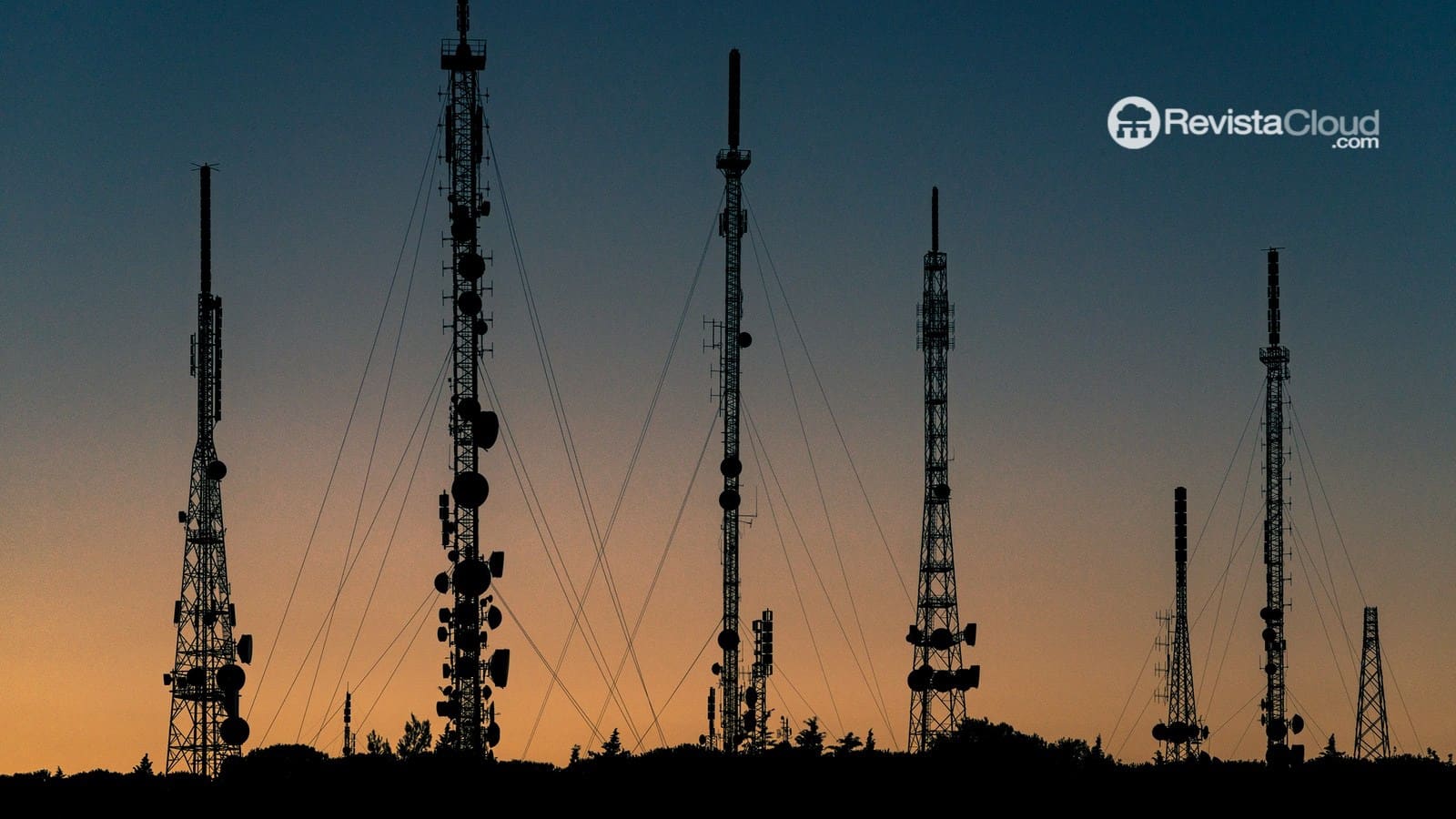The three main mobile operators in Spain—Telefónica Movistar, MásOrange, and Vodafone—have requested that the government return part of the radio spectrum they hold, specifically a 5 MHz frequency block in the 2100 MHz TDD band, assigned over two decades ago for 3G network deployment, but never utilized.
Their request, filed last February, is based on three main points: the lack of usage since it was allocated, its currently limited strategic and technical value, and the absence of any plans for future application in their commercial networks.
A allocation that was uncertain from the start
In November 1999, the then Ministry of Development auctioned the 2100 MHz band to promote the arrival of 3G in Spain. In March 2000, the auction awarded UMTS licenses to four operators: Orange, Telefónica, Vodafone, and Xfera (now part of MásMóvil).
At that time, there was uncertainty about which 3G technology would dominate:
- TD-SCDMA (TDD), which uses the same frequencies for upload and download, alternating over time.
- WCDMA (FDD), which uses different frequencies for each direction of communication.
Operators received, in addition to the FDD blocks, an extra 5 MHz TDD block. Ultimately, Europe chose the WCDMA standard, relegating TDD to use in China, leaving these TDD blocks unused.
A band with limited utility for 4G and 5G
Although newer technologies like 4G and 5G can leverage the band known as Band 39, its narrow 5 MHz width significantly restricts capacity and performance. For this reason, operators do not see it as worthwhile to activate.
In the Spanish market, Digi acquired part of the spectrum in this band—2×10 MHz FDD—from MásOrange but left out the TDD block, which remained under MásMóvil’s control.
Economic impact: 15.6 million euros annually at stake
Beyond its technical value, the economic motivation is clear. Holding the rights to these frequencies incurs spectrum fees that amount to 3.9 million euros per operator per year. In total, the four licensees spend 15.6 million euros annually on a resource they do not utilize.
Reducing this expense would free up funds that companies could allocate to other strategic areas, such as expanding 5G networks or improving fiber optic infrastructure.
Alternatives proposed by the European Commission
Operators also point out that the European Commission recommends reallocating this band for other purposes, including:
- RMR (Railway Mobile Radio): a European radio communication system for railway operations.
- Drone communications for police, emergency services, and civil protection.
This reassignment would allow these frequencies to be used in areas with higher social and operational value.
A decision that could set a precedent
If the Ministry of Digital Transformation and Public Function approves the return, it would be an unusual case in the Spanish market, where operators typically aim to maximize spectrum use or trade among themselves. This move could pave the way for similar future requests if other spectrum portions become less strategic or profitable.

